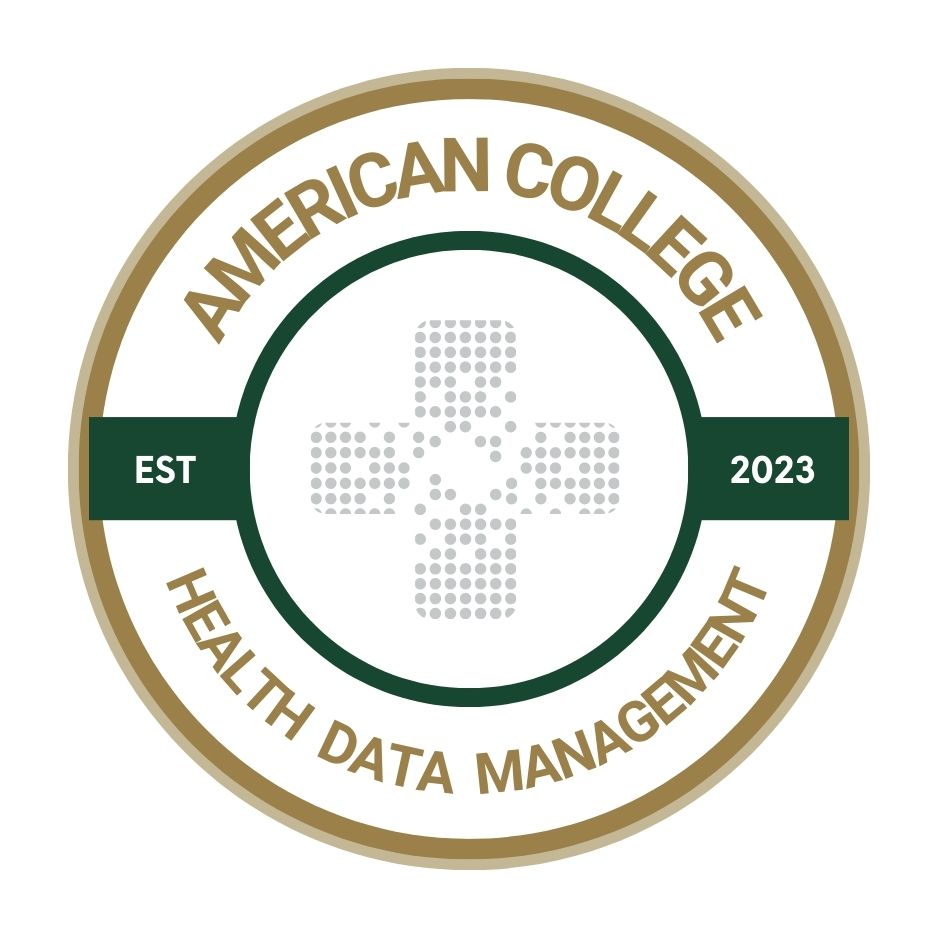Optimizing care: The power of healthcare value analysis
Professionals in this specialized segment of the industry are using data-driven approaches to drive quality, satisfaction and efficiency.

As the healthcare landscape evolves, the demand for quality patient care balanced against cost efficiency continues to mount.
Healthcare value analysis (HVA) emerges as a critical specialty aimed at meeting these challenges by enhancing the quality of care, improving patient satisfaction and reducing preventable costs.
Understanding the approach
Healthcare value analysis is a methodical process used in healthcare institutions to evaluate clinical products, services and technologies. The primary objective is to optimize the clinical outcomes and value of care while minimizing unnecessary expenditures.
This specialty does not merely focus on cutting costs but rather on enhancing the value of each dollar spent on healthcare. By integrating clinical evidence with economic analysis, healthcare value analysis ensures that patient care decisions are both clinically sound and cost-effective.
Here are some key components of healthcare value analysis:
The role of HVA professionals
Healthcare value analysis professionals are pivotal in bridging the gap between clinical needs and economic realities. Their expertise lies within several areas.
The critical role of health data management
In today's digital age, health data management is indispensable in healthcare value analysis. Effective health data management enables the following capabilities.
Expanding healthcare value analysis
As the healthcare industry continues to grapple with rising costs and variable patient outcomes, the role of healthcare value analysis is expanding. Institutions are increasingly recognizing the need for specialized teams that can effectively manage both the clinical and economic aspects of healthcare delivery.
The adoption of advanced analytics and machine learning techniques is enhancing the capabilities of health data management systems, enabling more precise and predictive insights. These technologies facilitate the proactive management of patient care pathways and the optimization of resource allocation.
Despite its benefits, the implementation of healthcare value analysis faces several challenges. Resistance to change among healthcare providers, the complexity of data integration across multiple sources, and the need for ongoing training and support are significant hurdles. However, these challenges also present opportunities for innovation and leadership in healthcare management.
Healthcare organizations that successfully integrate value analysis and health data management are setting new benchmarks for quality, efficiency, and patient satisfaction. These institutions not only see improved clinical outcomes but also gain a competitive advantage in an increasingly complex healthcare marketplace.
Dr. Hudson Garrett, Ph.D., MSN, MPH, MBA, FNP-BC, IP-BC, PLNC, VA-BC, BC-MSLcert™, HACP, HACP-IC, HACP-PE, MSL-BC, CPHRM, CHIPP-B, CIC, LTC-CIP, CPPS, CPHQ, CVAHPTM, ICE-CCP, CMRP, CPXP, CDIPC, FACDONA, eFACHDM, FAOM, FAAPM, FNAP, FACHE, FSHEA, FIDSA, FAHVAP is the Executive Director and Executive Vice President for the Association of Healthcare Value Analysis Professionals.
Karen Niven, MS, BSN, RN, CVAHP, FACHDM, FNAP, FAHVAP is the President of the Association of Healthcare Value Analysis Board of Directors and the Senior Director of Clinical Value Analysis for Premier.
Anne Marie Orlando, MBA, BS, RN, RCIS, CVAHP, PNAP, FACHDM, FAHVAP is the President-Elect of the Association of Healthcare Value Analysis Board of Directors and the Senior Director of Clinical Programs for Blue.Point.
